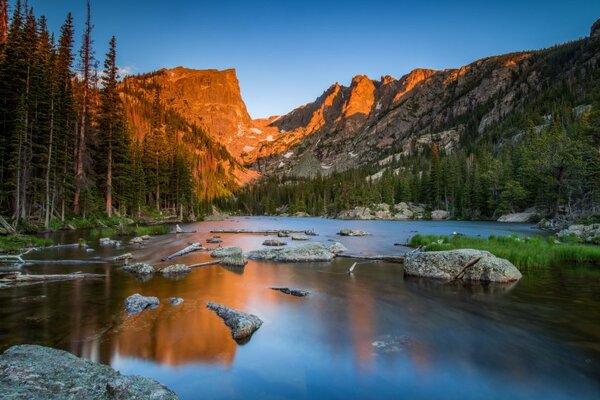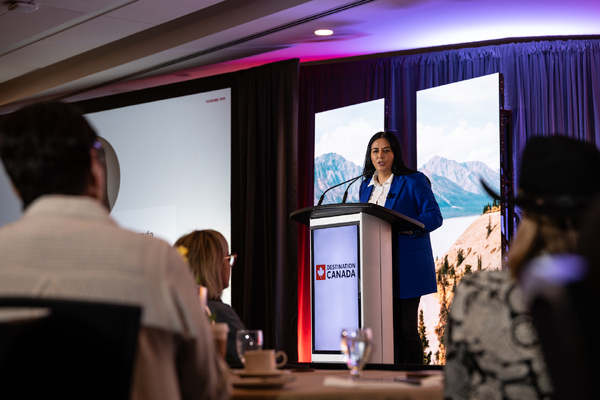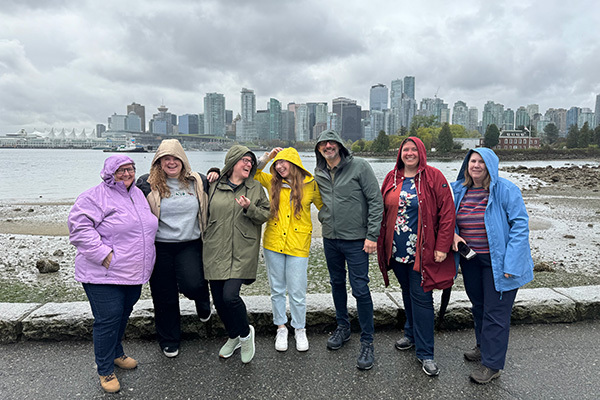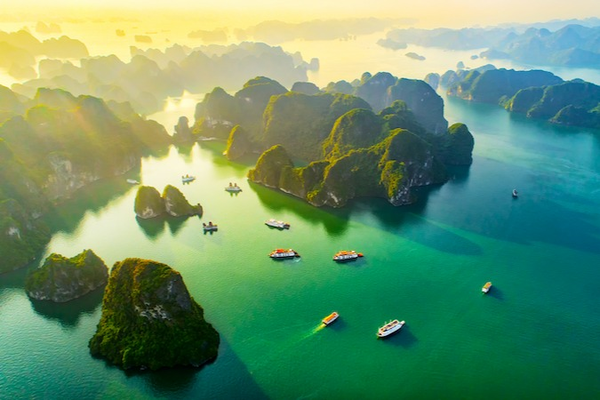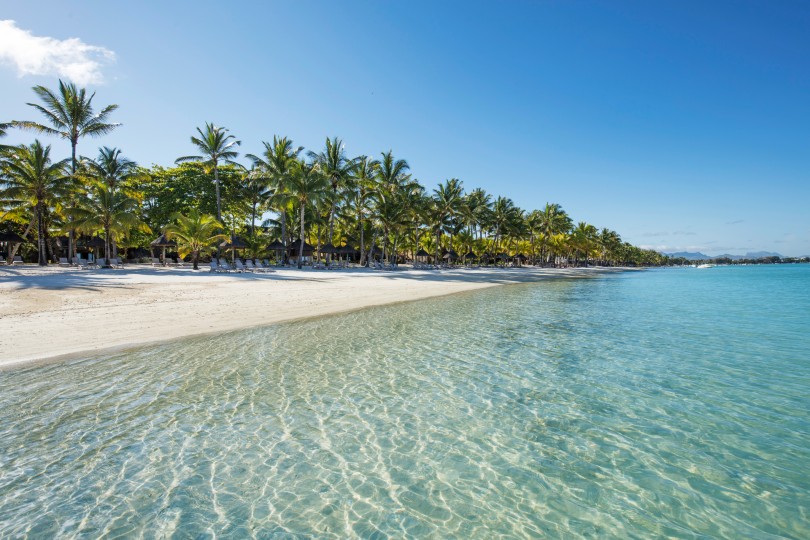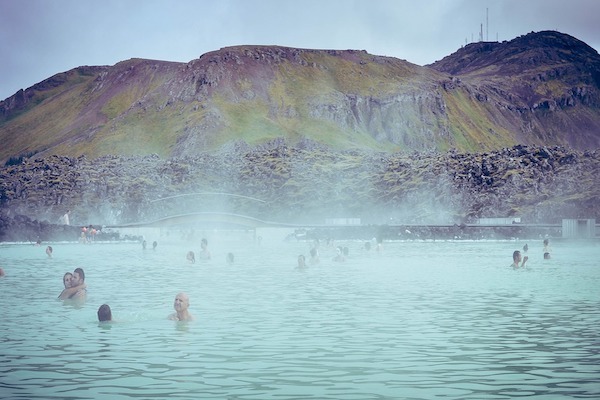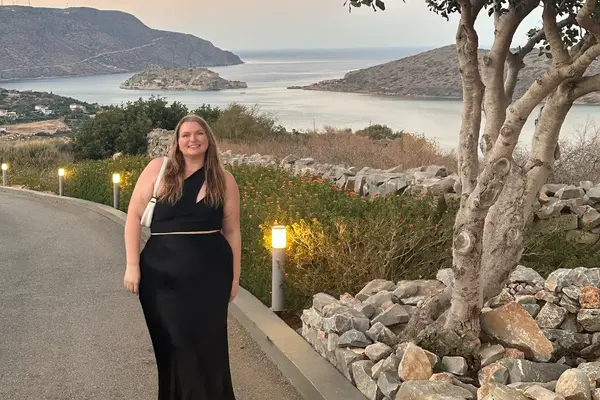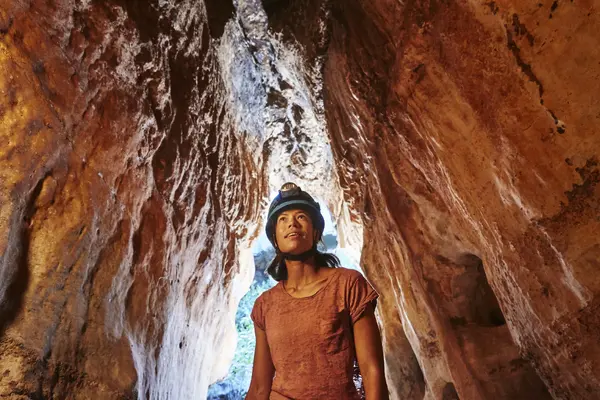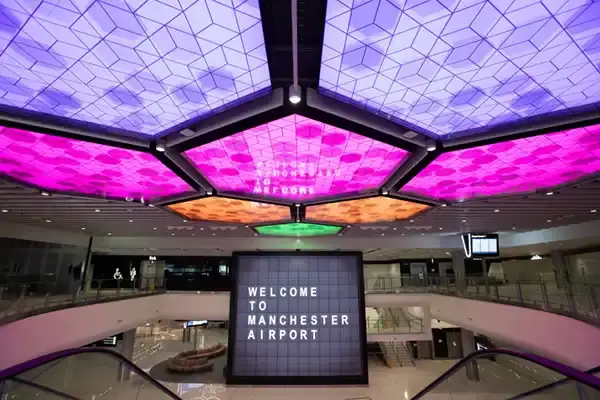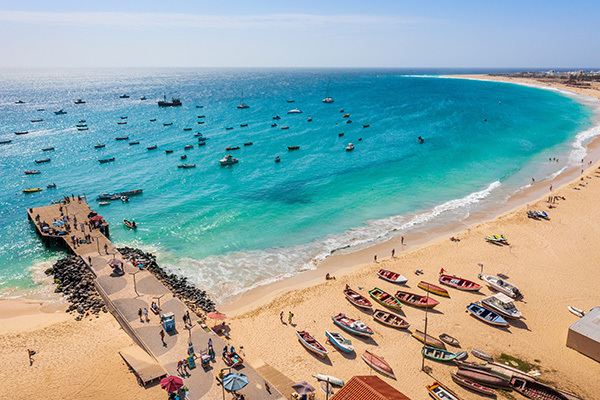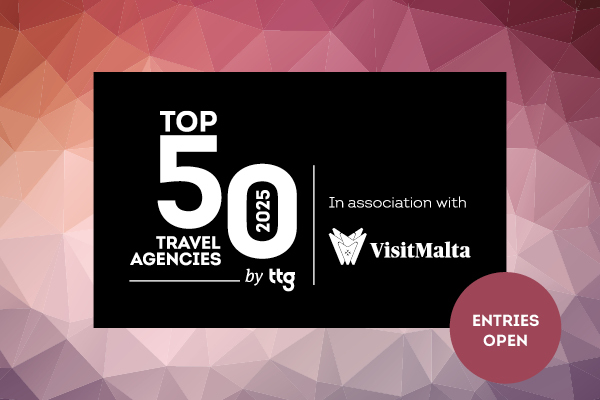Why Canada is taking inspiration from Finland, Sweden, Tuscany – and Ireland
Rendez-vous Canada (RVC) host Alberta used the trade show to signal a shift in focus towards its winter season to tempt visitors away from “MTV” – Montreal, Toronto and Vancouver.
“We are looking at what Finland and Sweden are doing for the northern lights,” said Tannis Gaffney, Travel Alberta’s chief marketing officer. “We have the same product, but we also have less population and the Canadian welcome.
“We are pushing development of things like geodomes and looking to bring UK travellers here in winter. The product we have is exceptional and unique – castles, hot tubs, saunas. Our indigenous experiences also really set us apart.”
Alberta’s main hub, Calgary, was one of the few destinations British Airways did not restore after Covid. However, carriers – including WestJet, which is based there – have taken up the slack, including an Edinburgh service.
“There is enough airlift,” said Gaffney. She reiterated Alberta’s closeness to Vancouver, with a one-hour flight opening up twin-centre opportunities. “It does not have to be competition,” she said.
Alternative itineraries
RVC, held over 14-17 May, saw British Columbia give more details of its plans to spread tourism across the province. Destination British Columbia global marketing vice-president Maya Lange outlined work on additional road trip itineraries following the launch of Rainforest to the Rockies in September.
She said the province had been inspired by Ireland’s Wild Atlantic Way, which has helped draw visitors away from Dublin. “We also thought about places like Tuscany and what people think of it,” she said. “We have something similar in our own way. It’s a 30-year strategy-of-destination development.”

A second itinerary, The Great Wilderness, a journey in the north of the state, is now live, with all seven routes to be launched by autumn 2025.
Meanwhile, Vancouver is preparing to be one of venues for the men’s football Fifa World Cup finals in 2026. It will host seven games, including one of the last 16.
Lange said preparations were under way to cope with the influx of visitors over a six-week period. “Vancouver will definitely be at capacity,” she said. “We are working out how to move people around the province.”
Lange added annual visitor numbers, at five million, were still “a little bit down on 2019”. “We expect to rebound next year in terms of international visitors,” she said.
British Columbia was confirmed as the home of one of three new national parks at RVC, with Parks Canada outlining plans for a new marine conservation reserve there. An urban park in Windsor, Ontario, and an Indigenous park on Prince Edward Island will also open.
Land for all seasons
The show also saw Canada unveil a new tourism development plan, which includes marketing the country as a year-round option, aimed at regaining its spot among the world’s top 10 destinations.
Tourism minister Soraya Martinez Ferrada said the strategy would seek to increase annual earnings from CAD $113 billion (£65bn) to “up to” CAD $160 billion (£92bn) by 2030 rather than CAD $140 billion (£80bn) on its current trajectory.
Ferrada said the government would support SMEs “across the country” to reinvigorate its industry, but provided no firm details of funding. In 2021, the World Economic Forum ranked Canada 13th in the list of global destinations, a drop of three places and the first time Canada has fallen out of the top 10.
Destination Canada is tasked with delivering the strategy, Tourism 2030: A World of Opportunity. President and chief executive Marsha Walden admitted Canada had ground to make up.
“Our sector and our global competitiveness has been slipping since 2009,” she said. “We have struggled to keep pace with other countries. We want to reclaim our position in the top seven global destinations.”
She said Canada had to be “more competitive”. “We need to be more year-round and ensure peak periods maximise revenue. There is good work going on to expand our seasons right across the country.”
